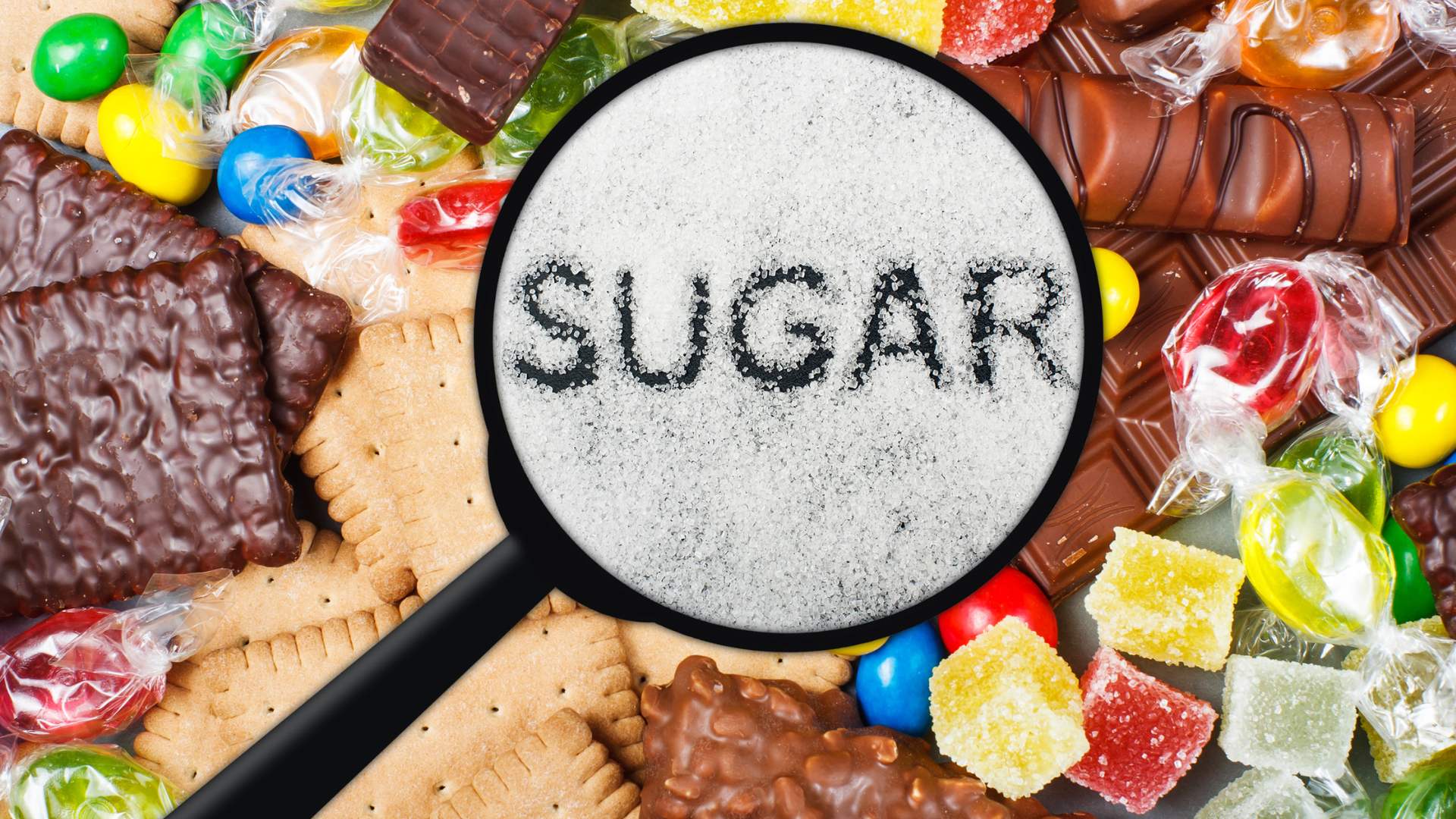Most of us love a sweet treat, but understanding how sugar affects our bodies is crucial for long-term health. While a small amount of sugar is okay, excessive intake can lead to a number of health issues. This guide breaks down the science behind sugar and provides clear, actionable advice.
What is "Free Sugar"?
When health experts talk about limiting sugar, they are typically referring to "free sugars." These are sugars that are added to foods and drinks by manufacturers, cooks, or consumers, as well as sugars naturally present in honey, syrups, fruit juices, and fruit concentrates. This is different from the sugars found naturally in whole fruits and vegetables, which are less of a concern because they are packaged with fiber and other nutrients.
The Immediate Effects of a Sugar Rush
When you consume free sugars, your body quickly absorbs them, leading to a rapid spike in blood sugar. This triggers your pancreas to release insulin, a hormone that helps transport sugar from your bloodstream into your cells for energy.
- Energy Spike and Crash: The quick absorption of sugar gives you a temporary energy boost, often called a "sugar rush." However, the subsequent release of insulin causes your blood sugar levels to drop rapidly, leading to a feeling of tiredness and a craving for more sugar. This cycle can be particularly disruptive to your energy levels throughout the day.
- Impact on the Brain: Sugar can activate the reward centers in your brain, leading to a release of dopamine. This pleasurable feeling can create a cycle of craving, making it difficult to moderate your intake over time.
Long-Term Health Risks of High Sugar Intake
Consistently consuming too much free sugar can contribute to several serious health problems. The World Health Organization (WHO) recommends limiting free sugars to less than 10% of your total energy intake, with a further reduction to less than 5% for additional benefits.
| Health Problem | How Sugar Contributes | Actionable Tip |
|---|---|---|
| Weight Gain & Obesity | Sugar-sweetened beverages and foods are often high in calories but low in nutritional value. These "empty calories" can lead to weight gain, particularly around the abdomen. | Replace sugary drinks with water or unsweetened tea. Check labels for hidden sugars in processed foods. |
| Type 2 Diabetes | Chronic high blood sugar levels can lead to insulin resistance, where your body's cells no longer respond effectively to insulin. This is a major risk factor for developing Type 2 diabetes. | Choose whole foods over processed ones. Opt for complex carbohydrates like brown rice and oats, which release sugar into the bloodstream more slowly. |
| Heart Disease | Diets high in free sugars have been linked to high blood pressure, inflammation, and high triglyceride levels, all of which are risk factors for heart disease. | Reduce your consumption of baked goods and candy. Look for snacks that are naturally sweet, like fresh fruit. |
| Dental Issues | Sugar provides food for the bacteria in your mouth, which produce acid that erodes tooth enamel. This can lead to cavities and other dental problems. | Brush your teeth twice a day and limit snacking on sugary items. |
| Fatty Liver Disease | Your liver can only process a certain amount of fructose (a type of sugar). When you consume too much, the liver converts the excess into fat, which can lead to non-alcoholic fatty liver disease. | Be mindful of hidden sugars in sauces, dressings, and condiments. |
How to Reduce Your Sugar Intake
Making small, consistent changes can have a big impact.
- Read Labels Carefully: Look for keywords like "sucrose," "glucose," "fructose," "high-fructose corn syrup," and "dextrose" on ingredient lists.
- Cook at Home: When you cook your own meals, you have complete control over the amount of sugar you add.
- Choose Whole Foods: Opt for whole foods like fruits, vegetables, and whole grains, which are naturally low in free sugars.
- Stay Hydrated: Drink plenty of water throughout the day. If you want some flavor, try adding slices of lemon, cucumber, or berries to your water.
By understanding the effects of sugar and making conscious choices, you can take control of your health and feel better every day.
